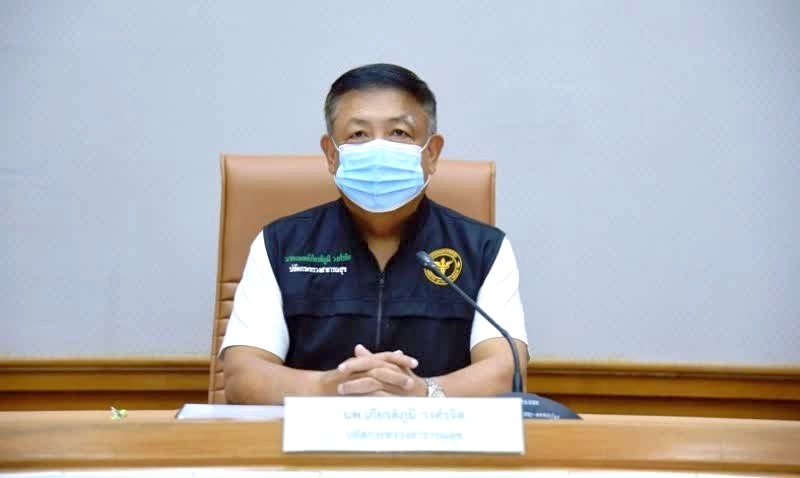
Healthcare facilities nationwide have been told to make preparations for floods. They have also been told to set up response plans so services may continue uninterrupted.
Health ministry permanent secretary Kiatiphum Wongrajit said 18 health facilities became affected by floods so far in September. 16 of these have already reopened while 2 others remain closed. Health facilities have been told to monitor the water situation and make response plans that would enable services to be provided without interruption. This is especially true for services for people with chronic diseases, bedridden patients, those who require kidney dialysis, and chemotherapy patients. Dr. Kiatiphum indicated response plans have been established for each locality.
A total of 85 public health teams have been set up to give physical and mental care to people. They have so far serviced more than 6,000 persons. Dr. Kiatiphum said 10 million baht from the central budget will be used to mitigate impacts and emergencies during floods. Medicines, medical supplies, and bags containing survival items have been prepared. Each province also has an additional 5-10 million baht of budget to provide health-related services to people during emergencies.
The permanent secretary said the bulk of impacts from floods involve damage to assets such as vehicles and items inside the home. Said impacts may give rise to short-term stress but Thais are able to adjust to these impacts well. Dr. Kiatiphum said long-term mental health effects are not expected, unlike in 2011 when a flood lasted 30-45 days. As much as 10% of victims of the 2011 floods experienced post-traumatic stress disorder during the 3 years after the floods. Dr. Kiatiphum added the low rate of mental health sufferers this year was partly due to swift assistance being provided. (NNT)
 |
 |
 |





